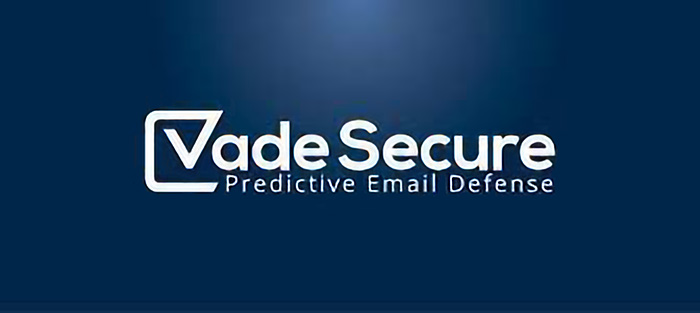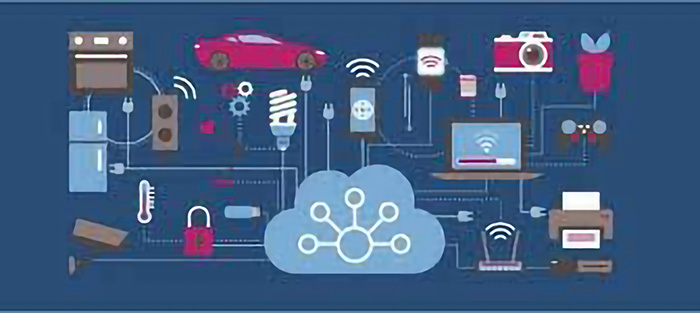
It’s clear that protecting children online is a very serious issue. A key element of this is restricting their access to inappropriate content such as pornography. In April 2018, new legislation will force UK pornography websites to install age verification controls as part of a move to make the internet safe for children. It’s not yet clear how this age verification is to take place; potential solutions such as verification with credit card details open users up to risks of fraud. But that’s another issue…
When it comes to protecting children from inappropriate content we think there’s a smarter way of tackling this important issue. A DNS-based solution puts control back in the hands of parents, those who are ultimately paying for their internet access. Crucially, we think that this solution is within the power of all telco companies to provide.
This legislative decision is a huge opportunity for telcos. DNS based parental controls give users much more control over their network. This provides great value for a customer base that is demonstrably interested in this kind of functionality.
But the sharing of open data is a crucial component for these security and protection protocols to function. Demonstrating the value of these services to users will help foster federated services around the internet pipeline, adding further innovation and improvements to the user experience. These controls help customers feel the real value of a secure, curated internet experience tailored to their preferences.
As consumers rightly increase their demands for a better regulated internet experience that puts control firmly in their hands, I’m interested to see which companies step up to the plate to deliver that.





